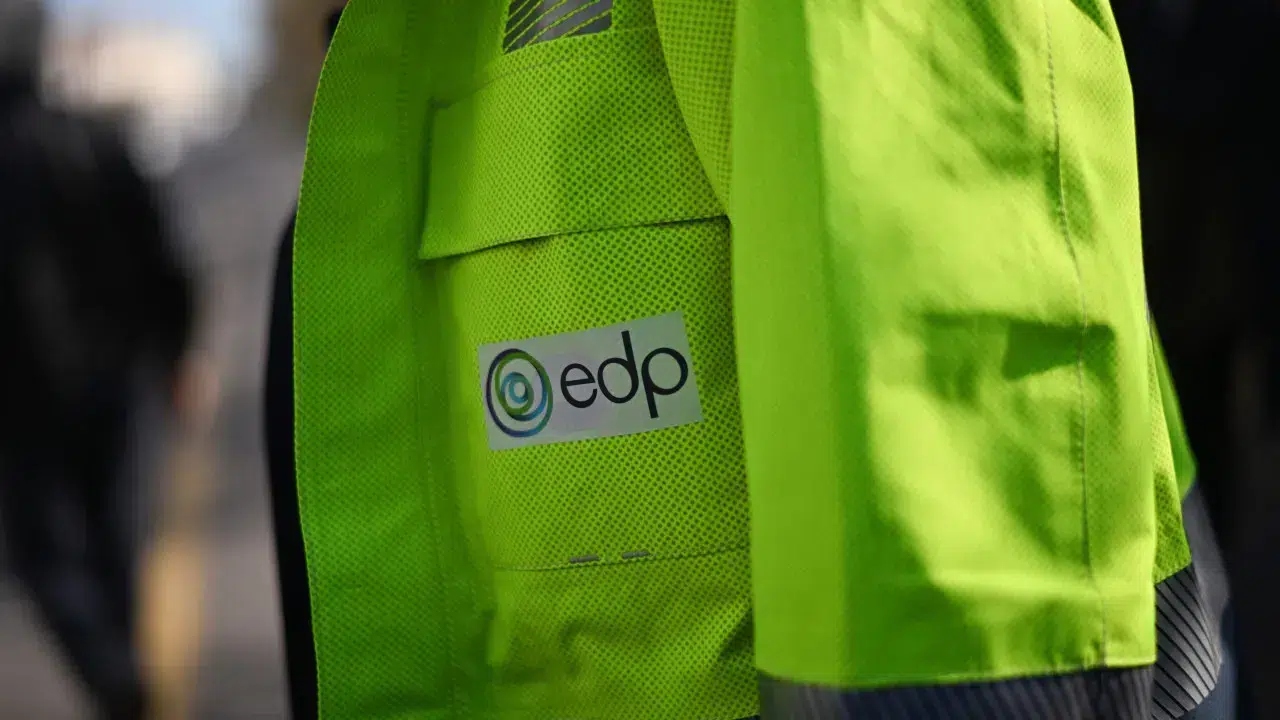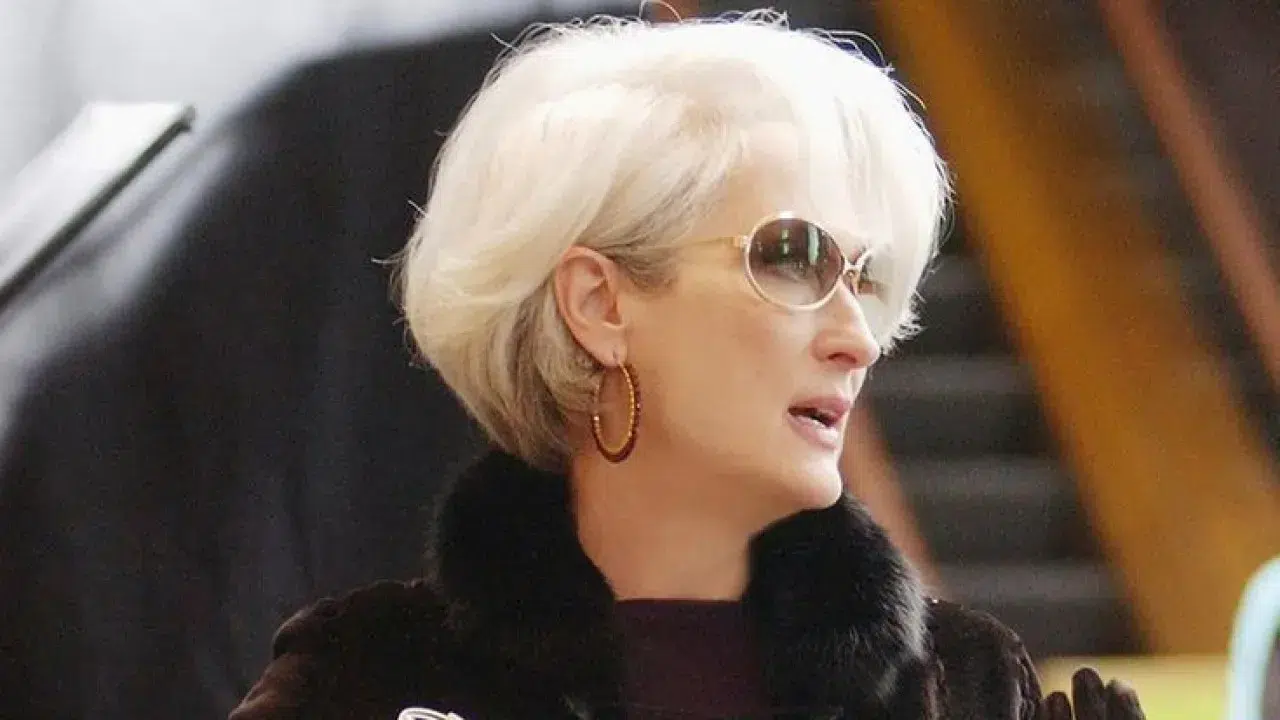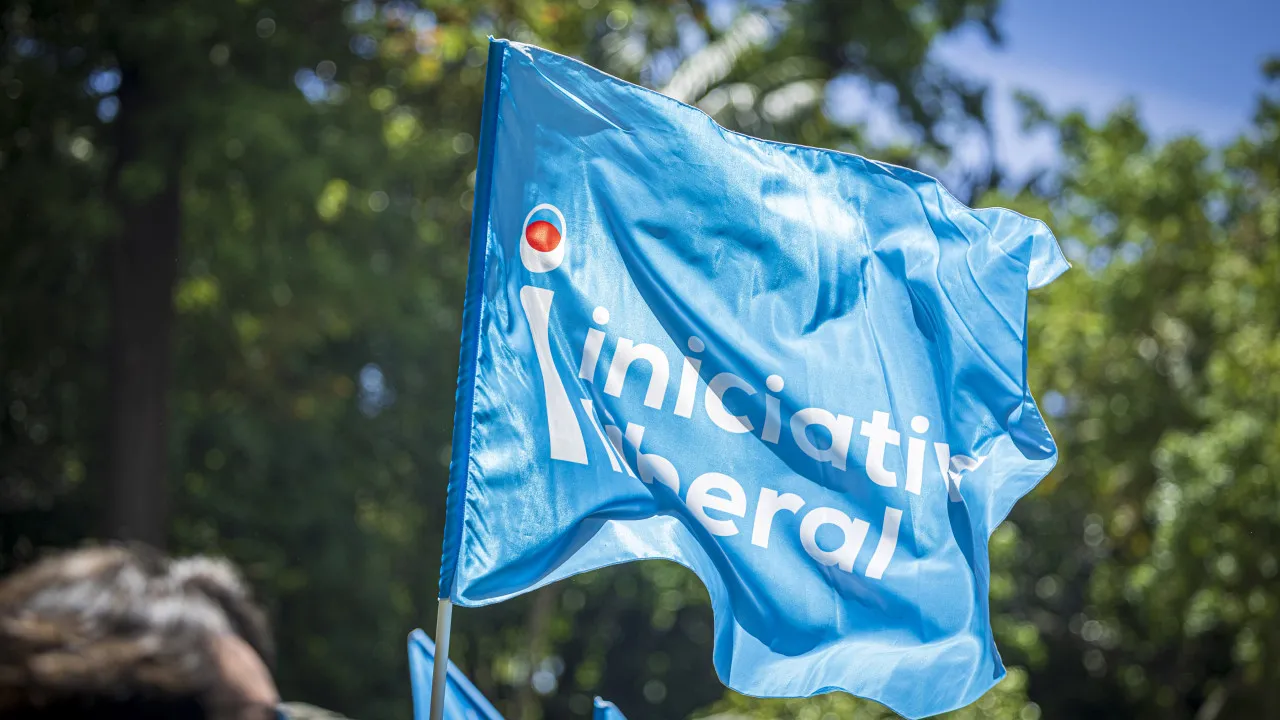
The Lisbon City Council has announced that the Lisbon Social Network (RSL) approved a new Social Development Plan (PDS) during a plenary session this afternoon, aimed at boosting and strengthening the joint action of partner entities to provide a more effective response to the city’s social challenges.
The RSL, now expanded to 571 partners with the inclusion of six new members, seeks to enhance collaboration between public sector entities, solidarity institutions, and other organizations involved in social action, reaffirming its commitment to “the integrated construction of a more just, supportive, and egalitarian city.”
The new plan, projecting its goals between 2025 and 2030, encompasses “37 objectives, distributed across three essential missions: strengthening partner participation, fostering more inclusive social intervention, and combating poverty, with a special focus on the population over 65 years old, as well as children and youth.”
“Among the 121 measures outlined in the plan, an integrated intervention action for Lisbon’s seniors is proposed, including the creation of a senior volunteer network and listening and participation spaces to combat ageism, involving around 3,000 people,” noted the municipality, adding that “access to mobility, accessibility, and housing comfort improvements will also be extended to 20% of elderly people annually.”
In the area targeting vulnerable children and youth, the PDS envisions the establishment of working groups dedicated to psychosocial support, including the adoption of Integrated Intervention Plans.
“By 2026, two pilot projects are planned in partnership with hospital centers, focusing on Mental Health, expected to reach around 400 children and young people,” the statement predicts.
The Lisbon PDS also features three new intervention areas — Housing, Migrations, and Environment and Public Space — and was developed “based on major public policies concerning poverty and exclusion,” specifically referencing the National Strategy to Combat Poverty and the Major Options of the 2024-2028 Lisbon Plan, which identify intervention needs and priorities.
The implementation of the new plan will begin “this month with the formation of 10 unprecedented working groups in crucial areas: Employability, Addictive Behaviors, Children and Youth, People over 65, Domestic Violence, Disability, Mental Health, Housing, Migrations, and Environment and Public Space.”
At the conclusion of the plenary session, the Mayor of Lisbon, Carlos Moedas (PSD), highlighted the significance of the RSL’s approach and contribution, reiterating the challenge of building, in a network, “a city that cares for the most vulnerable, supports those in greatest need, and addresses people’s problems.”
“We will now strengthen internal and external communication mechanisms to ensure more accurate diagnoses, continuous monitoring, and increased participation from all Network entities,” stated Sofia Athayde, the Councilor for Social and Human Rights, as quoted in the municipality’s note.




